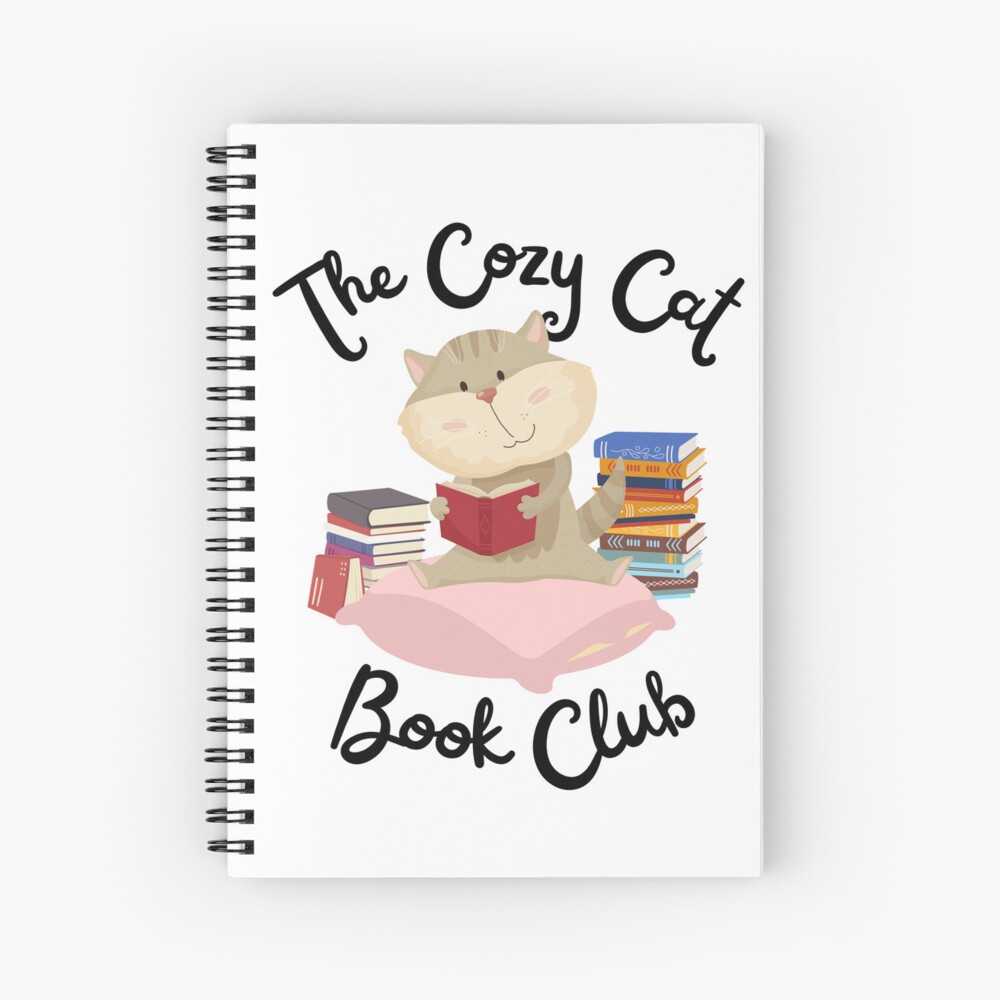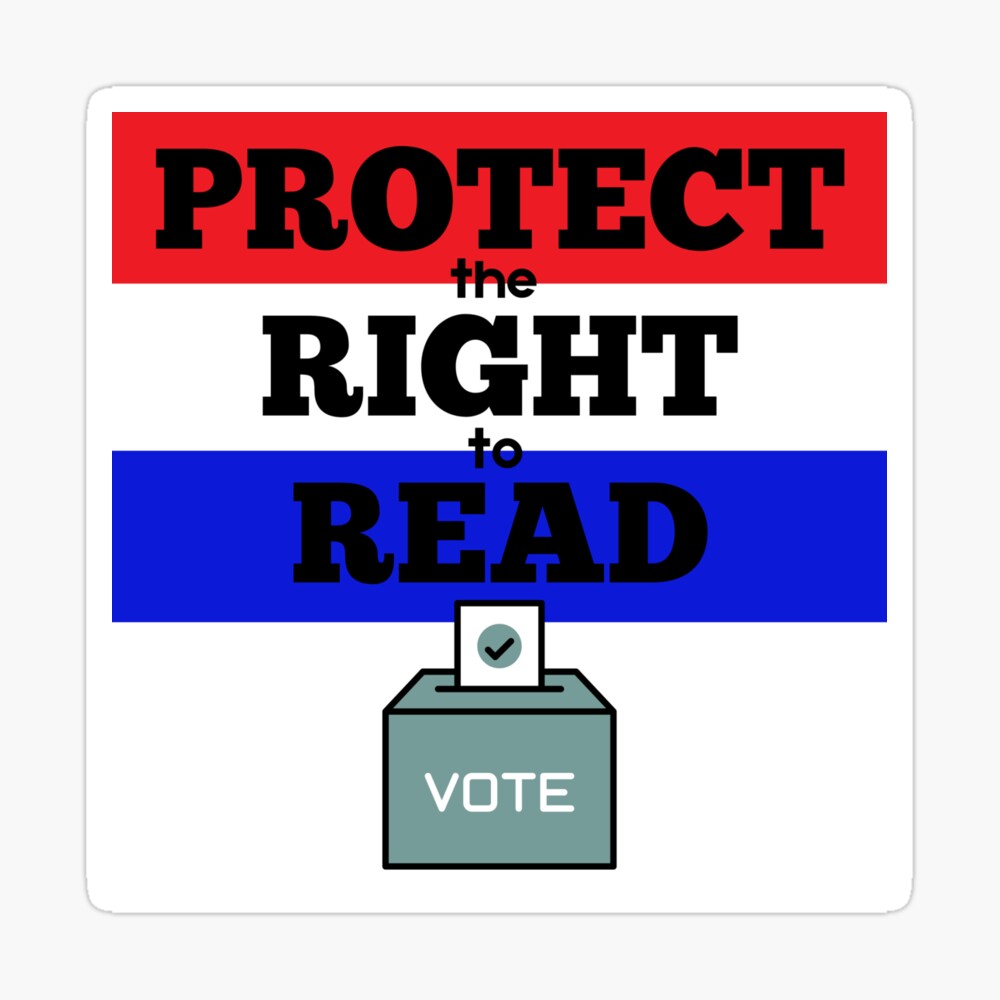
Me and Bethany Hegedus at the launch of her picture book BE THE CHANGE: A GRANDFATHER GANDHI STORY
Publishing a book can seem daunting. There are so many steps to take and so many different paths. It’s not surprising that one of the questions I’m most asked is how to get a mentor.
There are 3 main types of mentorship:
- Paid mentorships
- Contest mentorships
- Organic mentorships
I have experience with all types, so let me break down each of them a bit more.
Paid Mentorships
A paid mentorship is what it sounds: You pay an expert to mentor you, either with your craft, the publishing process or both. There are lots of professionals who offer mentorship services, and an internet search will give you probably thousands to choose from. But, as the knight said to Indiana Jones, choose wisely. Research their credentials, talk to previous clients, make sure they are a match for the type of manuscript you’re writing. For that last one, if you’re writing a picture book, make sure your mentor knows about picture books, their word count, the market, etc. If you’re writing science-fiction, make sure your mentor likes science-fiction, knows the tropes and can guide you on what fans will expect. Once you’ve chosen a mentor, make sure there’s a contract that spells out what the mentorship will entail for what price.
There are also paid mentorship programs, like the one organized by the Nevada chapter of SCBWI. In this program, writers are paired with a mentor for six months, plus a retreat, but each program is different. Again, research the program, the mentors they work with, and what you get for the cost.
My Experience: I worked with a paid mentor for three months when I was in the early drafts of THE BOY, THE BOAT, AND THE BEAST. I met author and mentor Bethany Hegedus at a Writers League of Texas meeting and knew immediately that she got my book and what I was trying to do. This novel was a huge challenge for me. I had written two other novels before, but this one was so different, in structure, voice, narrative, everything. In the three months I worked with Bethany, I learned a lot. We did a revision of my novel based on her notes and she gave me mentor texts and craft books to read. This book wouldn’t be where it is without the work I did with Bethany.
Contest Mentorships
Mentorships are available as prizes through contests. Some are run through Twitter, like #PitchWars where writers submit pitches and mentors choose stories they’d like to work with. Some SCBWI chapters have mentorships contests, including the Houston and my own Austin chapter. These can be amazing opportunities to work with a professional. There are lots of success stories that came out of contests, including my own book…
My Experience: After I had worked with Bethany Hegedus on THE BOY, THE BOAT, AND THE BEAST, I got a critique at the Houston SCBWI conference and was nominated for their Joan Lowery Nixon Award. The prize was a year’s mentorship with amazing author Kathi Appelt, and she picked me as the winner. Kathi and I actually worked on two manuscripts during that year and she is a wealth of support and encouragement. She helped me see the book in new ways, which helped me push the story further.
Organic Mentorships
There are stories of professionals falling in love with the work of a writer and taking them under their wing. It can happen, but it’s like winning the lottery. So many factors would have to be in place: The right manuscript, found by the right person, at the right time, etc. Just like making lottery hopes your retirement plan isn’t the most dependable option, neither is getting a mentor this way. However, this doesn’t mean you can’t get help organically throughout your career. There are people in the kidlit community who are incredibly generous. One person might not be able to mentor your entire career, but lots of people will be there to answer your questions. Make connections, help others, and help will be there for you. This also works through critique groups. Get involved with critique groups, and as you help them, your critique partners will help you in return. People also share advice, encouragement and support on the SCBWI Discussion Board, also known as the Blue Boards. With these kinds of organic mentorships, instead of having one fairy godmother guiding your way, you can have many, as well as the satisfaction of knowing you’re helping others too. The best of both worlds.
My Experience: I feel very blessed that I’ve made incredible friends in my writing community. SCBWI is a HUGE part of that, and as a pretty shy person, volunteering helped me enormously. Through SCBWI, I’ve made friends who’ve given me advice, guidance, critiques, and most importantly, support. And, best yet, as I’ve moved forward in my career, I’ve been able to pay it back to them and pay it forward to others.
Whatever kind of mentorship you’re looking for, help is available. And even if you don’t have the funds to pay for a mentor, or you don’t win a contest, getting involved with your local writing community, especially your SCBWI chapter will provide you with the opportunity to make friends for life and support for your career.
And I want to say a huge THANK YOU to my many mentors, Bethany Hegedus, Kathi Appelt and all my kidlit friends who’ve encouraged me, answered my questions and supported me along my journey and continue to do so. THANK YOU!






